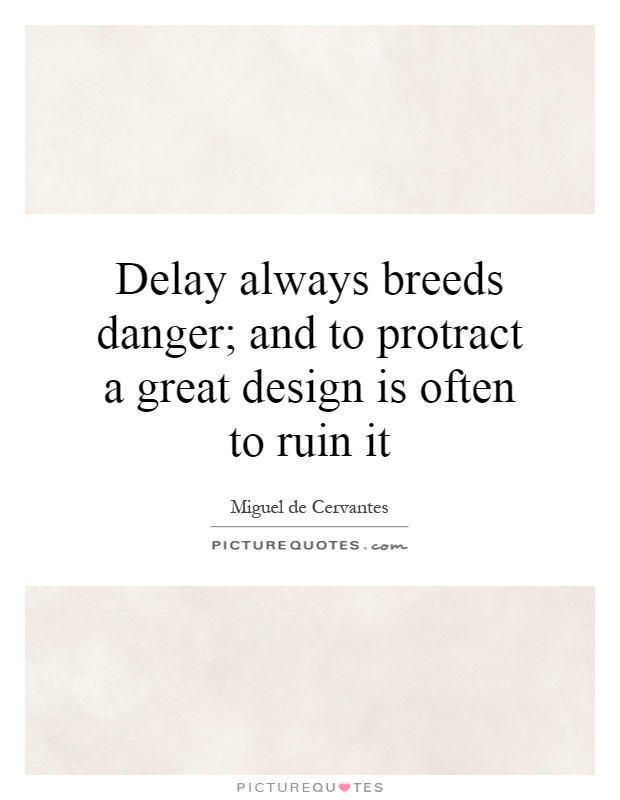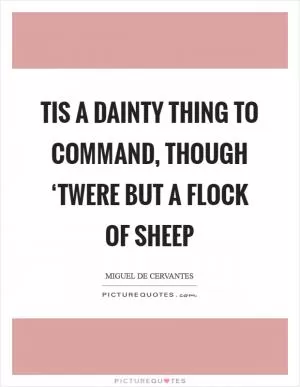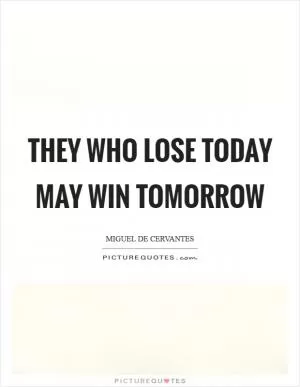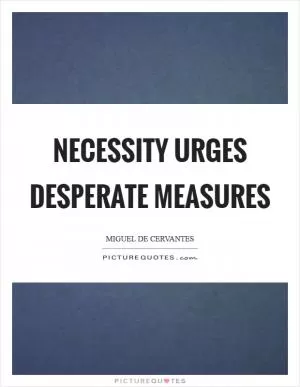Delay always breeds danger; and to protract a great design is often to ruin it

Delay always breeds danger; and to protract a great design is often to ruin it
In the context of Miguel de Cervantes, the quote "Delay always breeds danger; and to protract a great design is often to ruin it" holds significant meaning. Cervantes, a renowned Spanish writer, is best known for his masterpiece "Don Quixote", a novel that is considered one of the greatest works of literature in history. Throughout his life, Cervantes faced numerous challenges and setbacks, but he never allowed delays to deter him from pursuing his great designs.Cervantes' own life story is a testament to the dangers of delay and the importance of perseverance. Born in 1547 in Alcalá de Henares, Spain, Cervantes faced many obstacles in his early years, including financial difficulties and a lack of formal education. Despite these challenges, he was determined to become a writer and pursued his passion for literature with unwavering dedication.
It took Cervantes nearly ten years to complete "Don Quixote", a novel that would go on to become a literary masterpiece. Throughout the writing process, Cervantes faced numerous delays and setbacks, including financial struggles and interruptions in his work. However, he never allowed these obstacles to derail his vision for the novel. Instead, he persevered through adversity and continued to work tirelessly towards his goal.
The quote "Delay always breeds danger; and to protract a great design is often to ruin it" is particularly relevant in the context of Cervantes' life and work. Cervantes understood the dangers of procrastination and the importance of taking action to achieve one's goals. He knew that delaying a great design could lead to its ultimate ruin, and he was determined to avoid this fate at all costs.












 Friendship Quotes
Friendship Quotes Love Quotes
Love Quotes Life Quotes
Life Quotes Funny Quotes
Funny Quotes Motivational Quotes
Motivational Quotes Inspirational Quotes
Inspirational Quotes